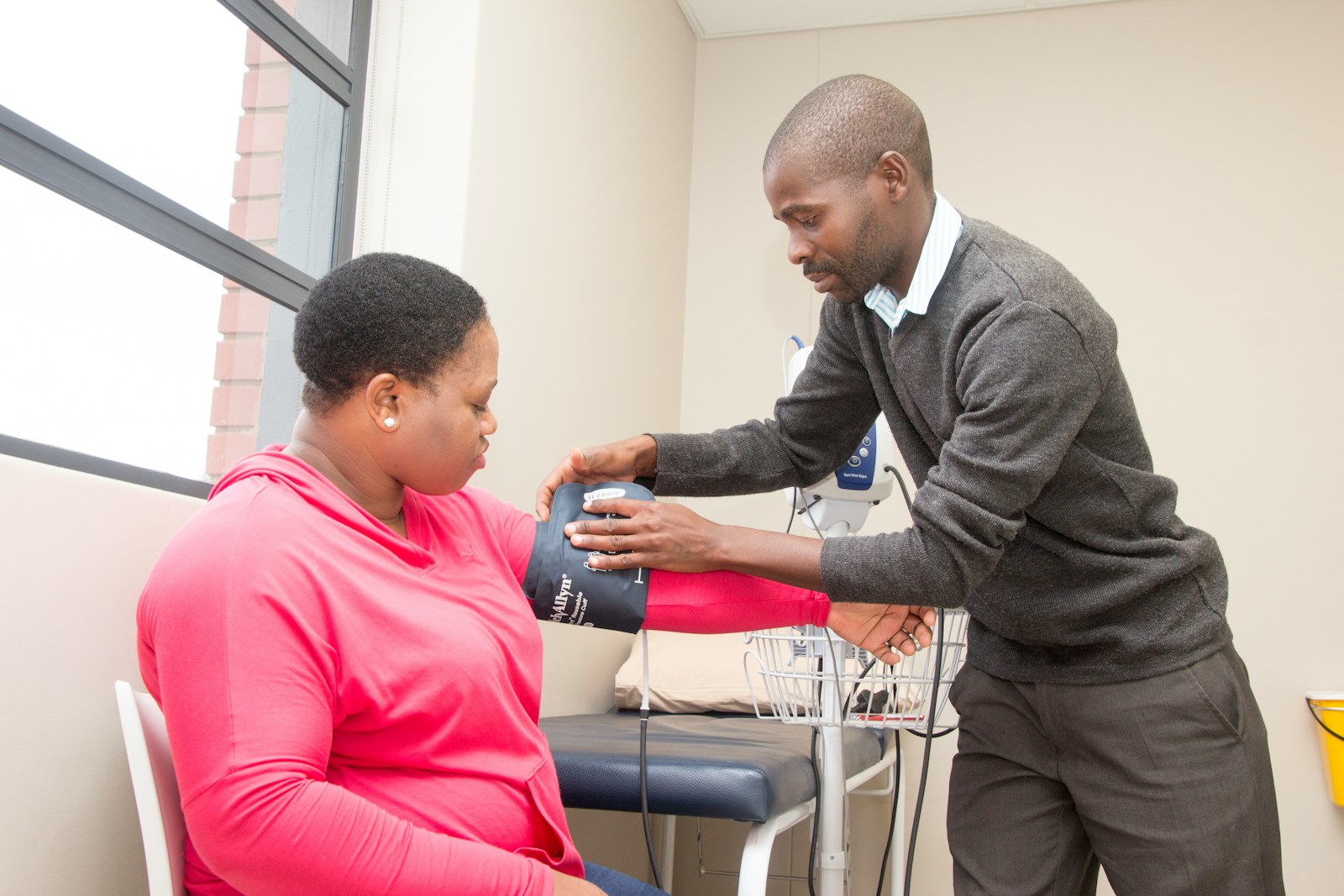
Medicare will now provide reimbursement for select patient navigation services. This is an exciting policy update that will provide sustainable funding to those who are helping patients navigate complex care and chronic conditions.
Under the 2024 Medicare Physician Fee Schedule, the Centers for Medicare & Medicaid Services (CMS) created four CPT codes that will allow health care providers to bill for services.
Specifically, the PFS included new billing codes for:
- Social Determinants of Health (SDOH) risk assessments: SDOH risk assessment refers to a review of an individual’s SDOH or social risk factors that influence diagnosis or treatment of medical conditions.
- Community Health Integration (CHI) services: services performed by certified or trained auxiliary personnel, including a community health worker, under the direction of a physician or other practitioner, to address SDOH needs that affect diagnosis and treatment of a patient’s medical problems.
- Principal Illness Navigation (PIN) services: services performed by certified or trained auxiliary personnel, including a patient navigator or certified peer specialist, under the direction of a physician or other practitioner, to help patients diagnosed with a serious, high-risk condition.
The finalized CMS rule stipulates that navigators must be credentialed to participate in the CMS reimbursement program. In states that have a certification, navigators must hold this credential to receive reimbursement. In states that do not have applicable licensure, certification or other laws, CMS requires personnel be trained to provide these services.
Colorado has a state-recognized Health Navigation assessment and registry (soon to be the Community Health Worker credential); navigators and CHWs who are listed on this registry are eligible for reimbursement under this new Medicare rule as well as new Medicaid rules (to be implemented in 2025).
CMS-required training competencies include:
- Patient and family communication
- Interpersonal and relationship-building
- Patient and family capacity building
- Service coordination and systems navigation
- Patient advocacy
- Facilitation
- Individual and community assessment
- Professionalism and ethical conduct
- Development of an appropriate knowledge base, including specific certification or training on the serious, high-risk condition/illness/disease addressed in the initiating visit.
For those seeking training, the Patient Navigation and Community Health Worker Training Program (PNCT) can provide courses on these topics. Training is available in-person (Denver area) or online. The courses are led by a team of expert instructors, with skill-based, interactive activities.
Recommended courses include
- Level 1: Health Navigation Fundamentals ($650 online/$800 in person)
- Level 2: Care Coordination ($250 online/$300 in person)
- Topic specific courses, such as on hereditary cancer and lung cancer, can be found on the eLearning catalog – and are FREE.
More information on a pathway of courses is coming soon.